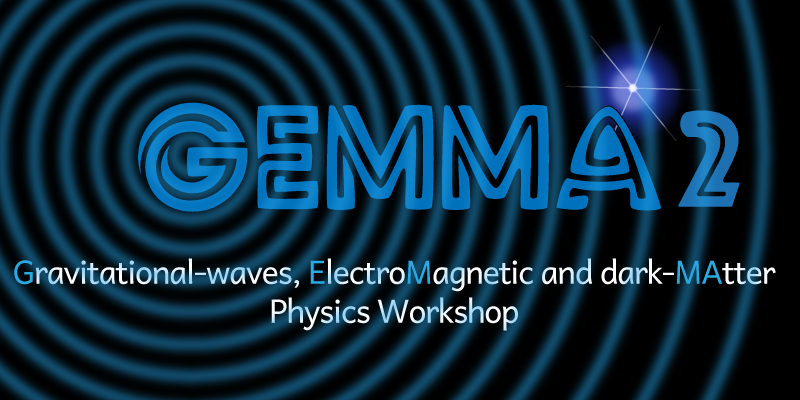Description
We present an innovative machine-learning-based approach to identify double-horn signature signals in the power spectrum of continuous gravitational waves (CWs) emitted by neutron stars in binary systems. When received at Earth-based observatories, CWs undergo Doppler modulation due to both Earth's motion and the source's orbital motion, the latter of which creates the distinctive double-horn signature in the CW power spectrum. Our method exploits the frequency modulation characteristic of binary systems, applying advanced machine-learning algorithms to the power spectrum data to unveil such signature. This analysis is conducted for a fixed sky position and assumes zero frequency time derivatives, with all other parameters remaining unknown. This approach is expected to significantly enhance the sensitivity of CW searches within the international LIGO-Virgo-KAGRA network and improve our ability to identify and characterize complex signal modulations in astrophysical data.

